Is Protein Powder Kosher? What Jewish Consumers Should Know
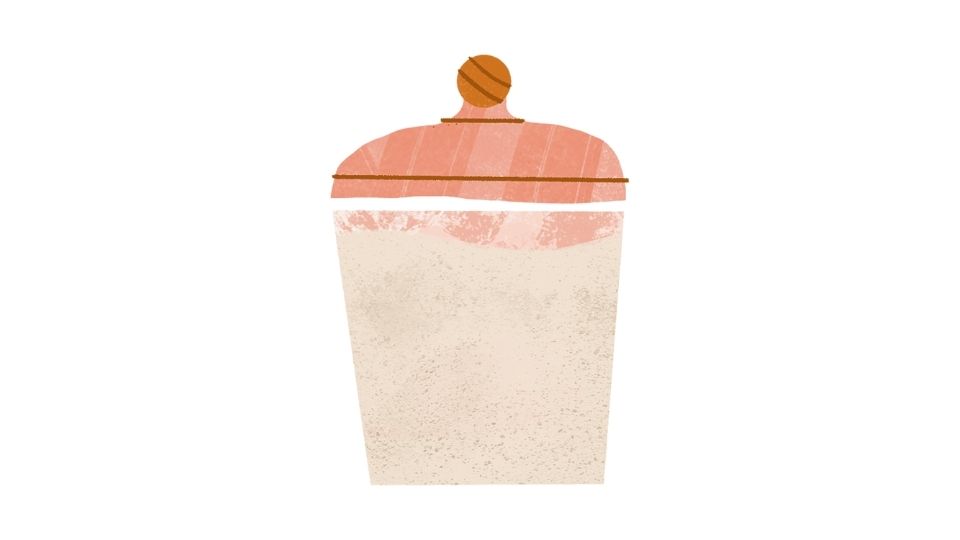
Ever wondered if your favorite protein powder is kosher?
The answer is simple yet complex: protein powder can be kosher, but whether the specific one you’re eyeing at GNC is kosher depends on ingredients, production, and certification.
Just like how not all sushi is created equal, not all protein powders meet kosher standards.
Let’s dive into what makes protein powder kosher, the different types available, and what to look for when shopping. No rabbinical degree required!
What Makes Protein Powder Kosher?
1. Ingredients Matter (A Lot)
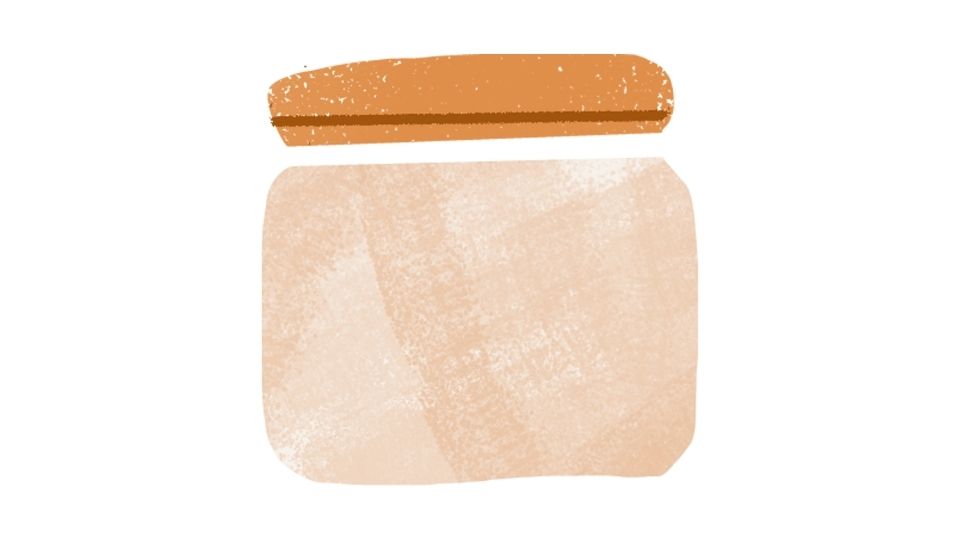
All ingredients in your protein powder need to be kosher-friendly. This isn’t just about avoiding pork (though that’s part of it).
For example:
- Sugars are generally kosher by nature (phew!)
- Whey protein (from milk) requires careful supervision
- Enzymes like rennet used in cheese-making (which produces whey) must be kosher-approved
If any ingredient isn’t kosher, the whole product becomes non-kosher. It’s like that one moldy strawberry ruining the entire container.
2. Production Process (No Mixing Allowed)
The equipment used to make your protein powder must either be:
- Dedicated solely to kosher production, or
- Undergo “kosherization” – a thorough cleaning process that would make your germaphobic aunt proud
Cross-contamination is a big no-no. Using the same machinery for kosher and non-kosher products without proper cleaning is like using the same knife to cut raw chicken and then your salad. Yikes.
3. Certification (Look for the Symbol)
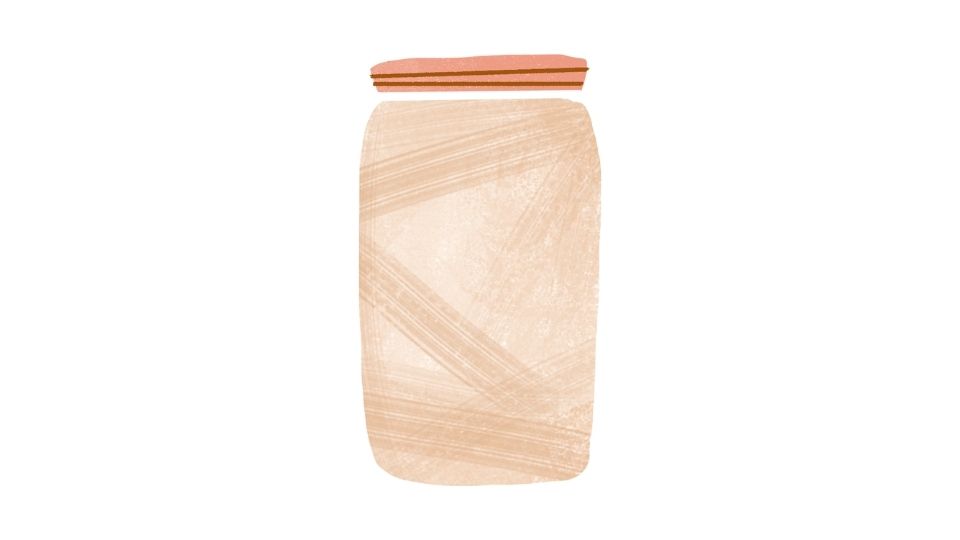
For a protein powder to be truly kosher, it needs certification from a recognized kosher authority like OU Kosher or the Australian Kashruth Authority.
These organizations don’t just slap a symbol on packaging for fun – they conduct thorough audits of:
- Where ingredients come from
- How everything is processed
- The entire manufacturing facility
When you see that little “K” or “OU” symbol, know that someone literally inspected the factory to make sure it’s kosher.
Types of Kosher Protein Powders
Whey Protein
Whey protein is the popular kid in the protein powder world. It can be kosher, but requires supervision from the very beginning of cheese production.
Why? Because the process of separating whey from milk involves enzymes that might not be kosher. It’s like making sure your car is legal not just when you drive it, but from the moment it was manufactured.
Casein and Milk Proteins
These dairy-derived proteins follow similar rules to whey. Companies like Actus Nutrition offer kosher-certified options.
Remember: If it’s kosher and contains dairy, it’ll have a “D” next to the kosher symbol. This matters if you’re keeping meat and milk separate.
Plant-Based Protein Powders
Good news for vegan protein lovers! Plant proteins from peas, rice, hemp, etc. avoid many kosher pitfalls since they’re not derived from animals.
This doesn’t mean they’re automatically kosher though – they still need certification to ensure:
- No cross-contamination
- No non-kosher additives
- Kosher-compliant processing
Many plant proteins are proudly kosher-certified because they’re already meeting other quality standards like being allergen-safe, non-GMO, and additive-free.
Things to Watch For (Kosher Consumer Tips)
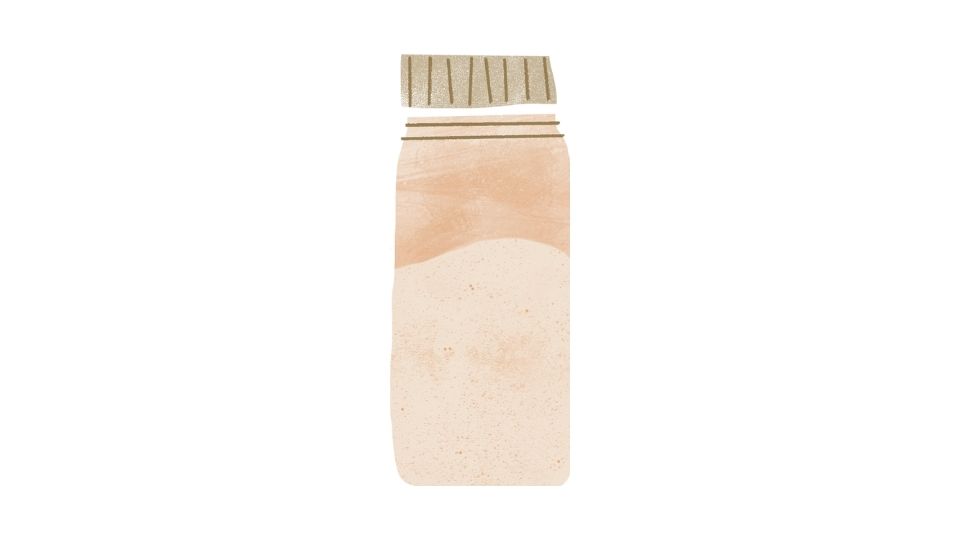
Dairy Status
That “D” next to the kosher symbol isn’t just a fun letter – it means the product contains dairy.
This affects when you can consume it according to kosher dietary laws. Had a burger for dinner? You might need to wait before downing that protein shake.
Cross-Contamination Concerns
Even if every ingredient is kosher, using shared equipment with non-kosher products can nullify kosher status.
Think of it like this: a vegan pizza made on the same surface as a pepperoni pizza isn’t truly vegan anymore.
Verification is Essential
No certification symbol? Be suspicious.
Vague language like “made with kosher ingredients” isn’t the same as being certified kosher. That’s like saying “I’m friends with celebrities” when you just follow them on Instagram.
The Bigger Picture of Kosher Supplements
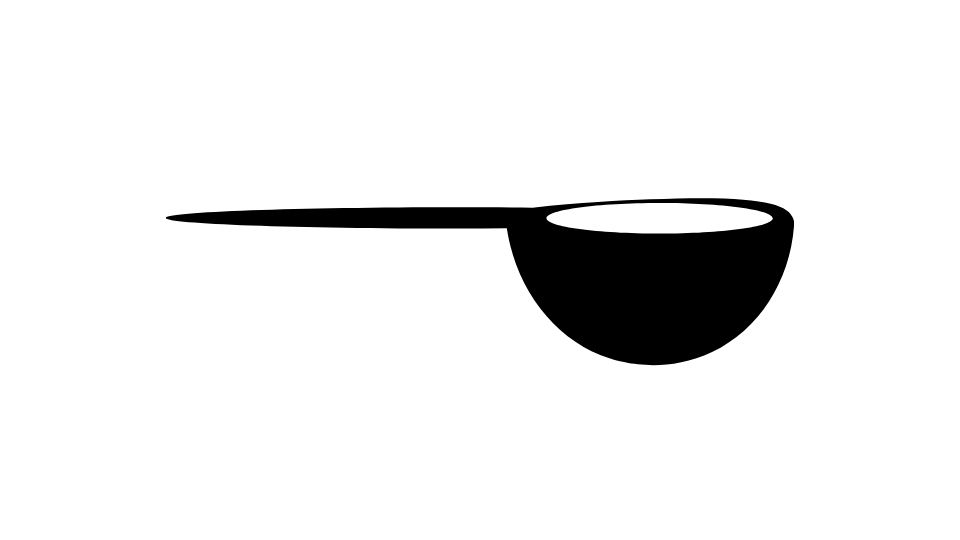
Getting supplements kosher-certified is no small feat. It involves navigating:
- Complex religious laws
- Global ingredient supply chains
- Strict manufacturing protocols
Certification agencies maintain massive databases of approved ingredients to help manufacturers. It’s basically the kosher version of the FBI, but for food.
While certification adds cost and effort for companies, it opens their products to an expanding market of kosher consumers – not just Jewish folks, but anyone who values this extra level of oversight.
Bottom Line
- Protein powder can absolutely be kosher, but only with proper ingredients and manufacturing
- Whey and dairy proteins require extra scrutiny due to cheese-making processes
- Plant proteins have fewer kosher concerns but still need certification
- Always check for certification symbols from trusted organizations
When shopping for kosher protein powder, don’t just look for the symbol – understand what it means, especially regarding dairy status.
Finding the right kosher protein powder means you can boost your gains while maintaining your religious dietary standards. Win-win!

